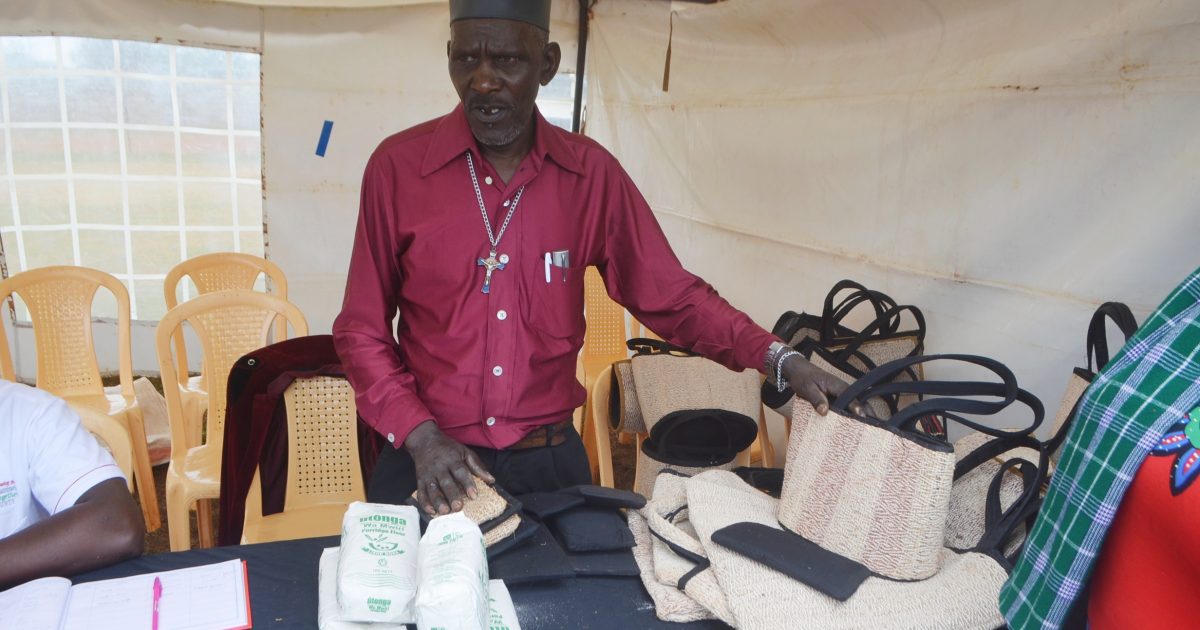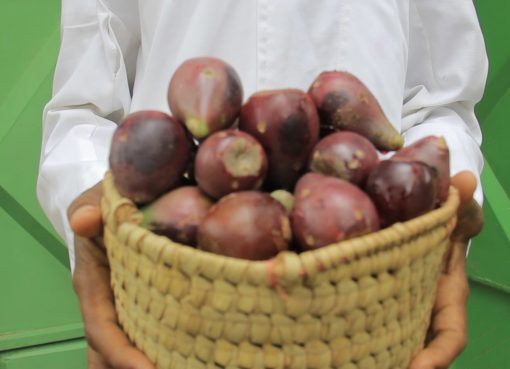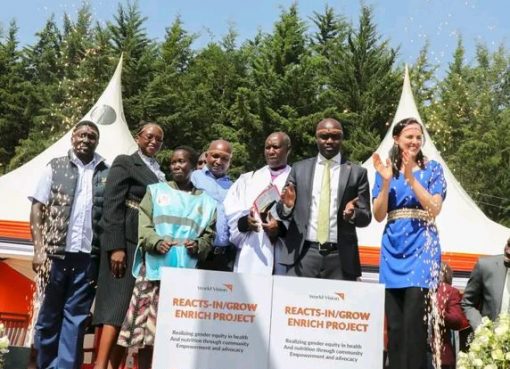A Kirinyaga farmer has found a lifeline in adding value to his harvested banana produce that has not only increased the produce’s shelf life but has tripled his earnings from the crop.
At this time of the year, farmers of the crop in the region are suffering shrinking market, hence low earnings, occasioned by over-production.
Mugo Chege from Njegas village in Kirinyaga Central Sub County says traditionally, farmer’s obsession with certain crops has worked against them as evidenced in the current market over supply.
He says farmers would produce the same crop at the same time, which would be harvested at the same time and taken to the same market, yielding low prices.
“Such has been the case with the high yielding tissue culture banana farmers who have traditionally counted losses after the market burst due to an oversupply.
“The high banana variety may have returned impressive yields to those who invested in them earlier, but an obsession with the crop by many smallholder farmers ended up creating a surplus in the market, leaving late entrants with bunches rotting in farms.” Chege said
Chege is now weathering the oversupply with value addition end products like banana biscuits, flour and crisps earning him more than triple the raw product.
Chege through his firm Lishe Bora, is now engaging other banana farmers to dry the crop using low-cost solar dryers to preserve unsold bananas.
He says dried bananas are ideal for export to countries like China whose appetite for such bananas is unrivalled and yet to be tapped by Kenyan farmers.
“While a single bunch of bananas would yield a maximum of Sh600, selling them in sachet crisps, where one banana makes one sachet, the same bunch can make up to Sh2000. Crisps have a shelf-life of more than 3 months, unlike the banana which can’t last for more than two weeks,” he said
He says his future plan is to make an even greater value addition breakthrough in making banana wine.
“There is a huge market in Southern Sudan, I am only putting strategies in place to make sure when I start, the venture will be able to sustain the supply,” he said
He said the initiative is based on the traditional fermentation process, which involves using yeast to hasten fermentation.
“I have already undergone the training in readiness for the wine preparation. The ready wine is decanted into medium sized jugs and left for a day in a cool place, before being bottled in 330ml and 500 ml glass bottles that are returnable after use for subsequent bottling,” says the farmer
Chege says a market survey he has carried out indicates that a 330ml bottle of the wine goes for Sh180 in local bars while fetching Sh200 in big cities like Nairobi.

He says the flour he is making currently in his farm is mixed with cassava and pumpkin for potassium with vitamin B 17 which acts as protection to cancer.
He sources bananas from other farmers in the locality to add to the harvest from his one-acre farm at Njegas.
“Milling and packaging of the flour is done at the farm and later taken to local supermarkets.
“Unfavorable weather is a challenge since we use solar power to dry the crisps. We would like to have an electric dryer which is more dependable,” he says
The other challenge which needs to be addressed is the creation of awareness to farmers who do not believe they can get different products from banana.
Packets of banana flour Mugo Chege produces from dried banana chips.
He says the process of making banana flour involves cleaning the raw materials before they are cut into small chips which are later taken for drying.
The drying takes 3 to 4 days before the bananas are taken to the milling machines to make flour.
Chege has seven employees including a driver and milling operator who sells half a kilo of the banana flour at Sh170.
“It is an interesting time to be a smart farmer in Kenya. The appetite for value added products locally and the opening up of regional markets is working in our favor,” noted Chege.
The future of food security is value addition,” he added, an observation the County Government agrees with.
“We have rolled out various value addition ventures across all aspects of agriculture because we now understand more than ever in the wake of changing climate and growing population this is our surest bet to food security,” said the County executive for agriculture, Jackline Njogu.
By Irungu Mwangi





